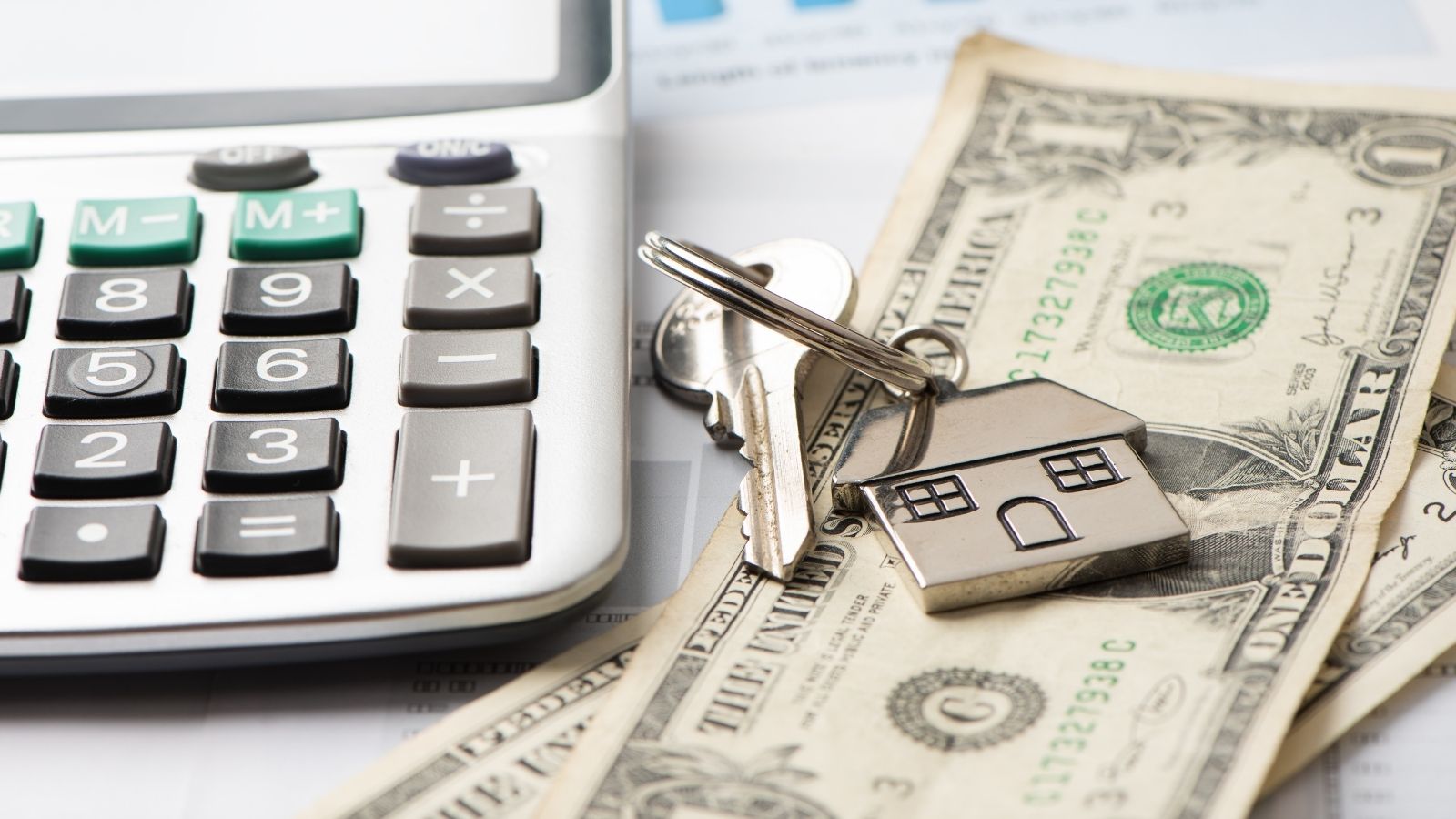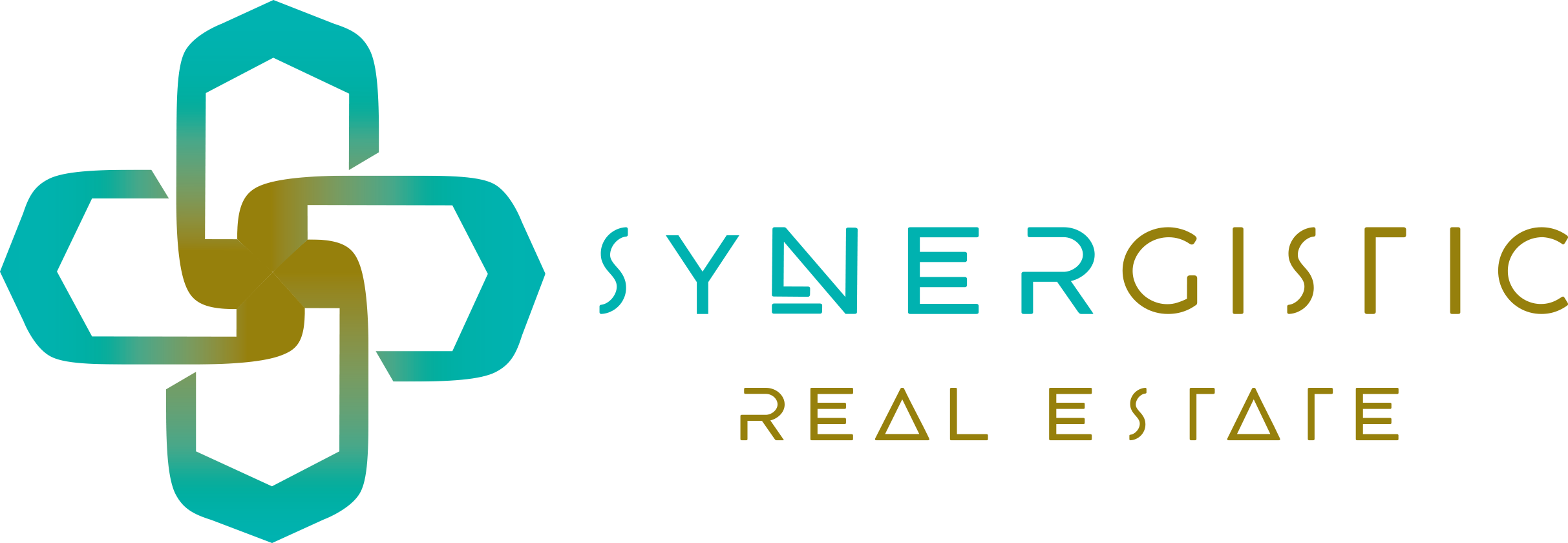The decision to purchase a home is not something that can be rushed. A house is a considerable time and financial investment for many. It’s a place where most people spend the vast majority of their waking hours, so take as much time as you need to find the home that’s right for you.
Buyers are usually required to have enough money saved for a down payment on a home. They also need to have enough reserves to be able to pay monthly mortgage and utility payments, as well as certain closing costs before the transaction is completed. Closing costs can vary according to the kind and size of house being sold and where the home is located.
Buying a home in Tampa, Florida isn’t always easy. You have to pay attention to current market trends and economic conditions. There may be problems or delays in the sale process from time to time. You should still be able to accomplish your goal with a little determination, persistence and a solid plan of action.
Here are some of the more common components of closing costs for home buyers:
1. Attorney’s fee
You may opt to hire a real estate attorney to represent you at closing. This is entirely optional in Florida. The costs will depend on the number of hours billed and the services provided by the attorney. You may expect to pay a few hundred up to several thousands of dollars or more for attorney fees.
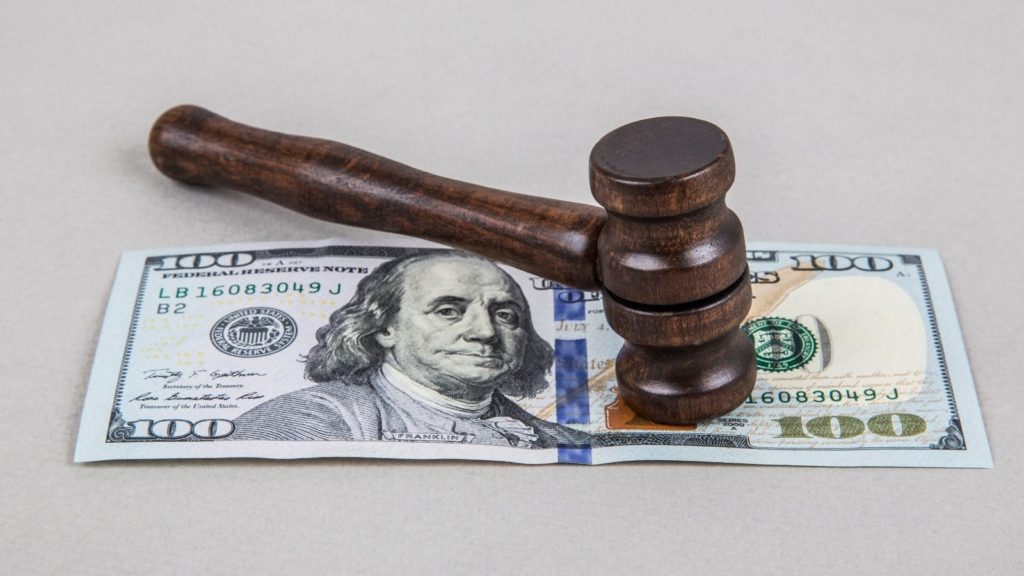
2. Home inspection
Having the home inspected is an important part of the sale process. A licensed inspector will review the condition of the house’s interior and exterior. They will then prepare a report with their findings.
If there are significant items in need of repair or renovation, you can discuss them with the home seller. You can opt to pay for those upgrades yourself, the seller can pay for them or both parties can split the costs. A home inspection can usually run a couple of hundred dollars or less.
3. Home appraisal
Many lenders require that the property be appraised before a loan offer can be extended. The appraiser will evaluate the home’s value. This information can then be used to determine whether or not the seller’s asking price is reasonable. Having the home appraised will cost around three to five hundred dollars, depending on the size of the home.
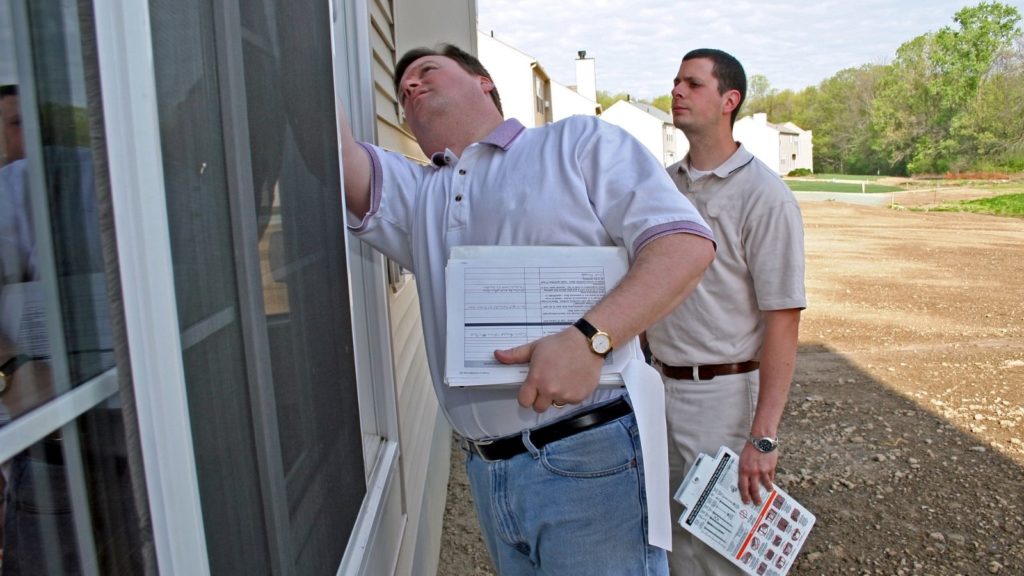
4. City, county or state transfer taxes
Transfer taxes are charged by the respective government office to transfer the property title from the seller to the home buyer. These costs can vary according to the office that is charging them. Transfer taxes are typically less than a hundred dollars in most cases.
5. Recording fees
Government offices may also charge separate recording fees for recording and filing the necessary paperwork associated with the transaction. They could also be lumped together with transfer taxes. Most recording fees are usually no more than around 50 to 75 dollars.
6. Underwriting fees
This may be referred to as a processing fee or administrative fee. These are costs incurred in verifying and reviewing your mortgage loan. They are usually no more than 0.5 percent of the total loan value.
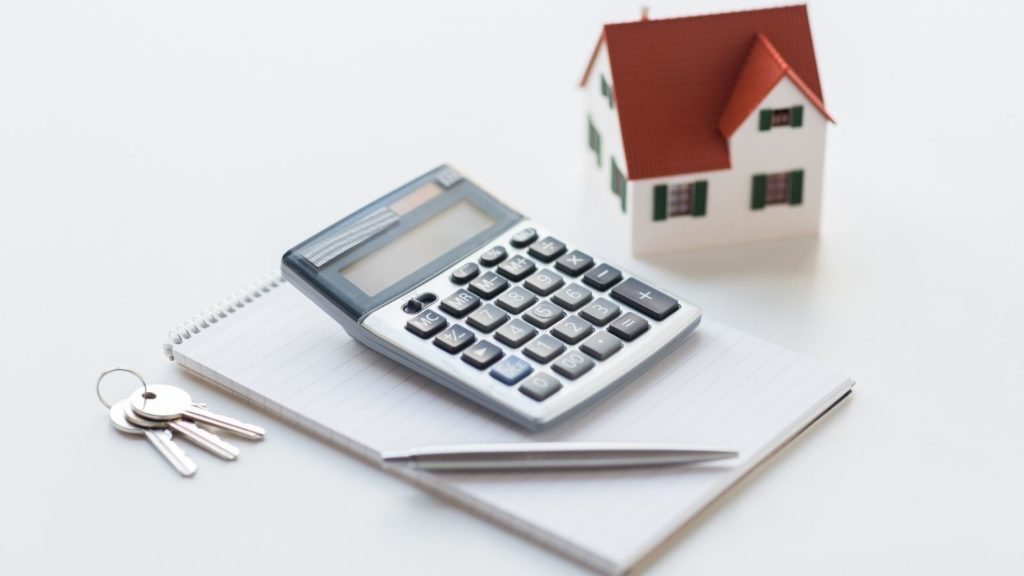
7. Title insurance.
A title insurance policy is usually required by mortgage lenders. These policies protect against any ownership claims or outstanding liens made against the home made after the transaction has been completed. Title insurance costs are around 0.5 to 1 percent of the loan’s overall value.
8. Lender fees.
Lender fees include loan origination fees, loan application fees and credit report fees. Credit report fees are assessed for checking a borrower’s credit report and credit score. They are usually no more than $25 for each borrower on a mortgage loan. Loan application fees of around $200 or more may be charged by lenders to create a loan application. Some lenders can also assess a fee for starting a mortgage loan. Most loan origination fees are less than $200.
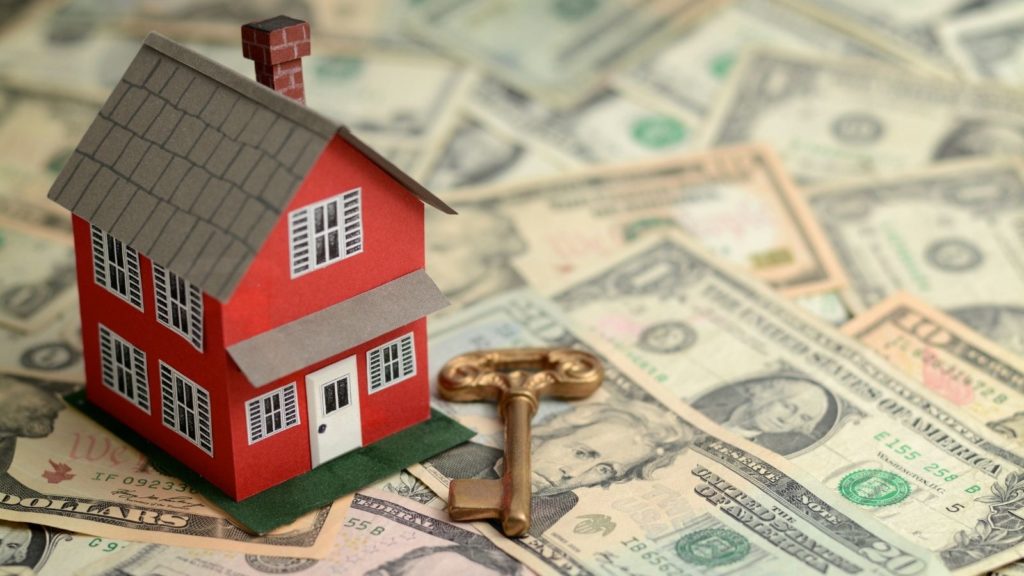
9. Title search.
A title search is typically conducted to ensure that the seller is the rightful owner of the house that’s being sold. Property records will be reviewed to see if there are any other ownership claims or debt obligations made against the property. Title search fees are often less than $500 in many instances.
10. Prorated property taxes.
Home sellers may have to pay a prorated portion of the home’s property taxes. The exact amount will depend on when the taxes are billed and when the closing process will be completed. The local assessor’s office should be able to provide you with a prorated portion of property taxes that will be due.
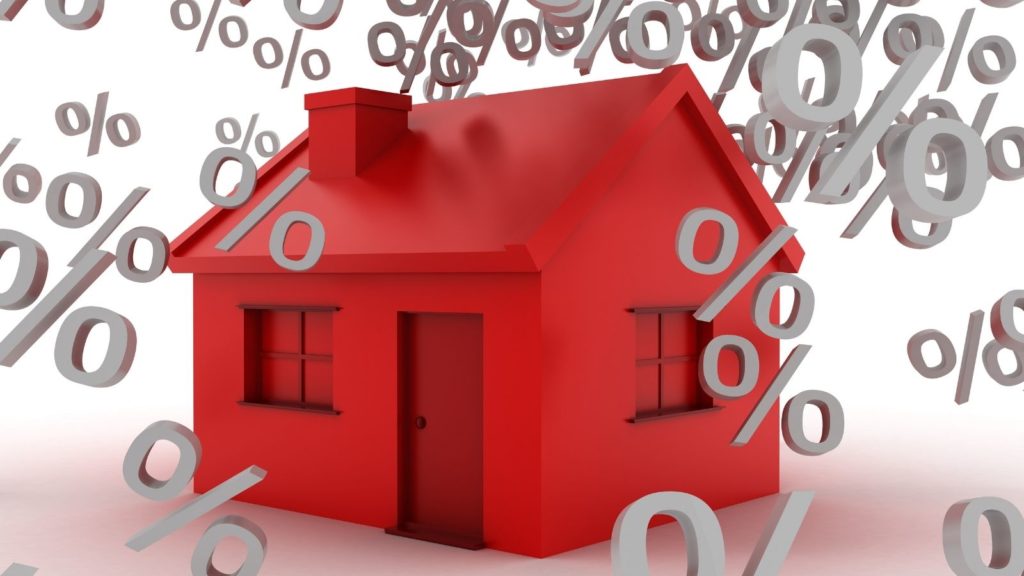
11. Association fees.
If the home that you’re buying belongs to a townhome, condominium or other type of homeowners’ association, there may also be prorated association fees for you to pay. The amount will be based on when the dues are billed (monthly, quarterly, twice a year or once a year) and the closing date. You should be able to receive additional information about the prorated amount from the respective homeowners’ association.
Conclusion
Closing costs for home buyers are usually around three to six percent of the sale price of the home. These costs can fluctuate from one area to the next. Some closing costs may be due if you decide to refinance or take out a second mortgage on the home.
Your lender should supply you with a closing disclosure and a loan estimate after you apply for a home mortgage. The loan estimate will give you a good idea of what your anticipated closing costs should be. The closing disclosure has many of the same line items as the loan estimate. It provides the actual costs that will be due at closing.

Closing costs are a necessary part of the home sale process. Once they’re out of the way, you can breathe a sigh of relief. You’re one step closer to owning the house that you’ve always wanted. At closing, all final paperwork will be signed. The seller will receive their net proceeds, and you’ll be given the keys to your new house! You can move in whenever you’re ready, and start making lasting memories in a place that you’ll be glad to call home.
Have Questions? Ask Liz!
Give Liz Welch a call today to learn more about local areas, discuss selling a house, or tour available homes for sale.
